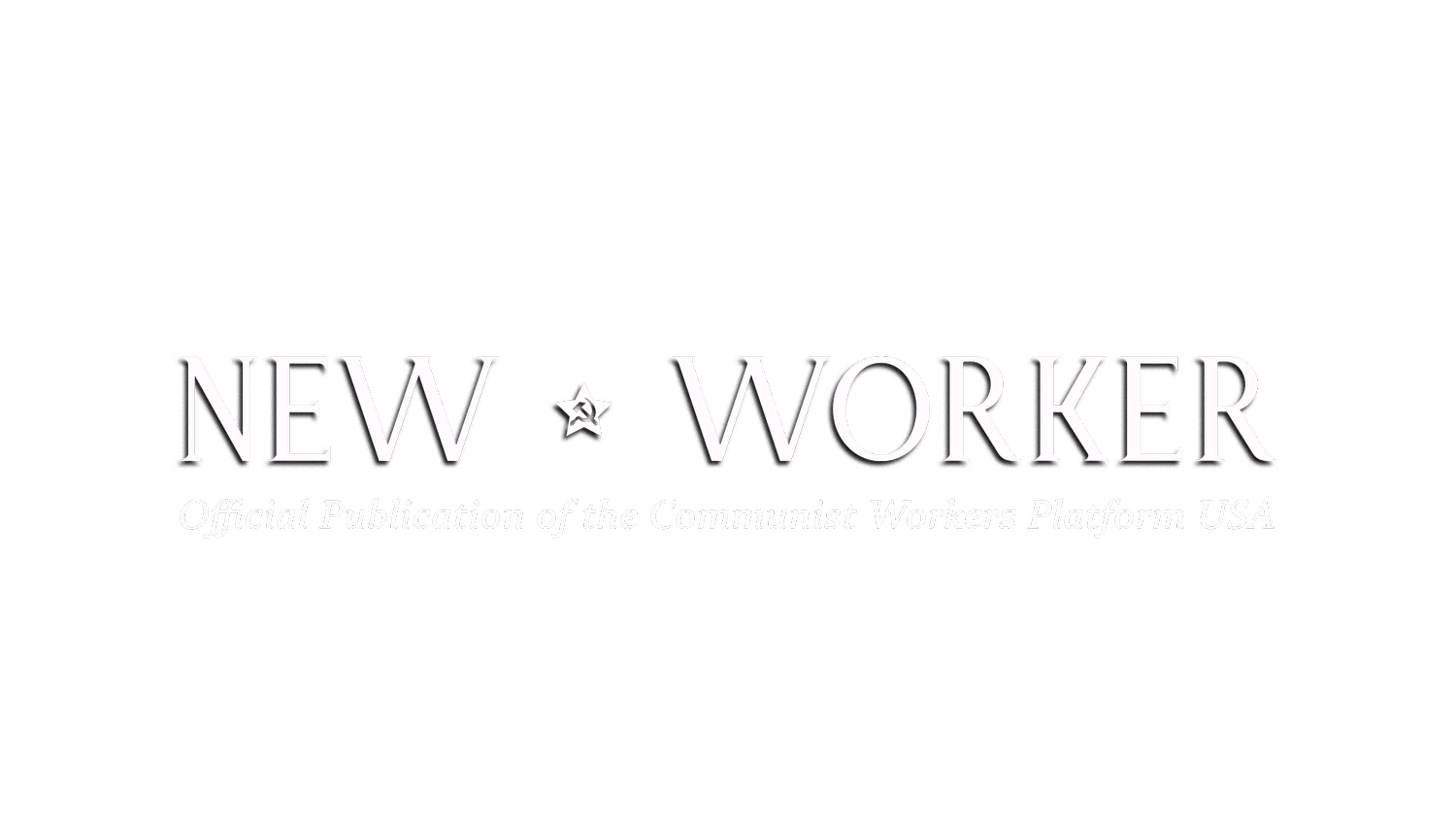Youth Soccer in Crisis
Former U.S. soccer player Landon Donovan, currently serving as the interim head coach of the San Diego Wave FC women’s professional team, addressed the state of youth soccer in the U.S. earlier this September. While he praised the appointment of the new U.S. men’s coach, Mauricio Pochettino, Donovan emphasized that a change in leadership alone cannot resolve the deep-rooted issues plaguing the sport in the country. “My kids are involved in youth soccer, and I see the environment firsthand. It’s a disaster, it really is—an absolute disaster,” Donovan remarked during his recent appearance on the State of the Union podcast.
Although Donovan rightly highlights the abysmal state of youth soccer while pointing out real and serious issues, he claims that the culture, the “American way,” is the primary issue. Donovan argues that the competitive culture of US soccer drives coaches to prioritize winning. The problem is that culture is treated as something isolated from any objective cause when really it is tied to the prevailing mode of production. By doing so, he opens the door for the blame on individuals—specifically coaches—while overlooking the broader systemic problem: a profit-driven model that does not prioritize mass sports or the comprehensive development and well-being of young athletes.
The main issue with youth soccer in our country is that it is dominated by private interests. When we speak of private interests, we are talking here about the role of companies, entrepreneurs, upper-class elements, etc. which continue to dominate the game. The bottom line of business is winning, finding a profit. This, coupled with the vices of an exploitative system - consumerism, violence, etc. and its values (logic of political benefits and customer relations) - are the ideas which course through youth soccer. They open the field to strategies which makes teams, clubs, tournaments, leagues etc. more marketable: tearing apart teams which have been together for a while, blocking local kids from neighborhoods from playing soccer freely on complexes, fields reserved for those who rent (i.e. organizations), tournaments “guaranteed” to get you looked at by college coaches, creating an environment of intense competition to recruit and dismantle local teams for supposed “higher” level teams competing in another unknown acronym league. It creates a culture where many coaches get sucked into a rat race, seeking glory instead of a deep reflection on why we became coaches in the first place. The politics arising from this all, only reflect the private interests involved.
A team is winning? How can we argue with those results? Well the fact is, of all the youth involved in the sport, a very small percent move on to the college level, and an even smaller amount move on to the professional level despite thousands of families dumping cash into tournaments, showcases, training, etc. An even deeper look shows that those who do make it out, reflect a socioeconomic status much higher than those who do not go on to the next levels.
If business activity and its representatives in sports is not abolished , if physical exercise does not stop being a commodity, the majority of the people and youth will not be able to enjoy the benefits of systematically organized involvement in sports. The right to sport cannot be resolved separately from the social change that our country needs.

